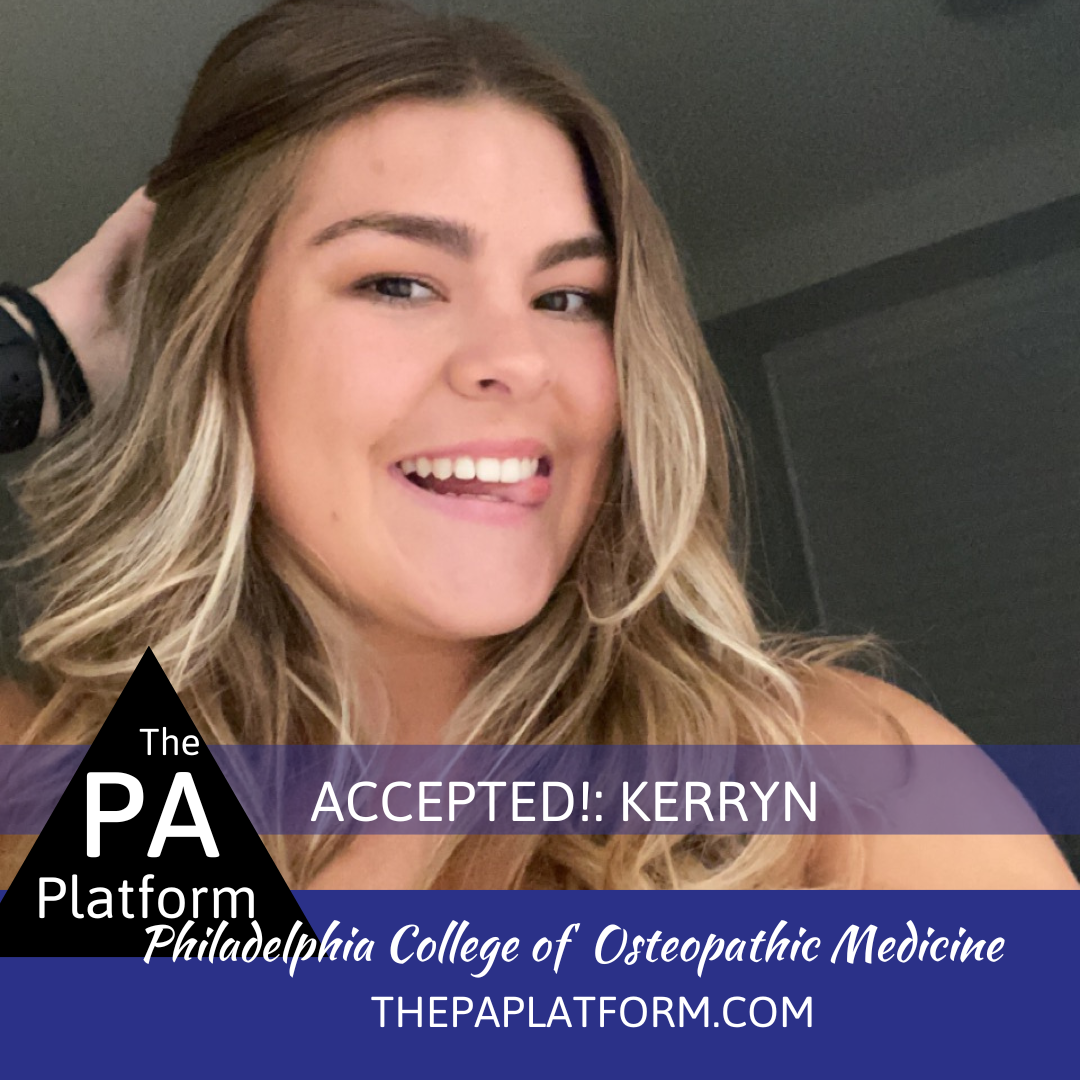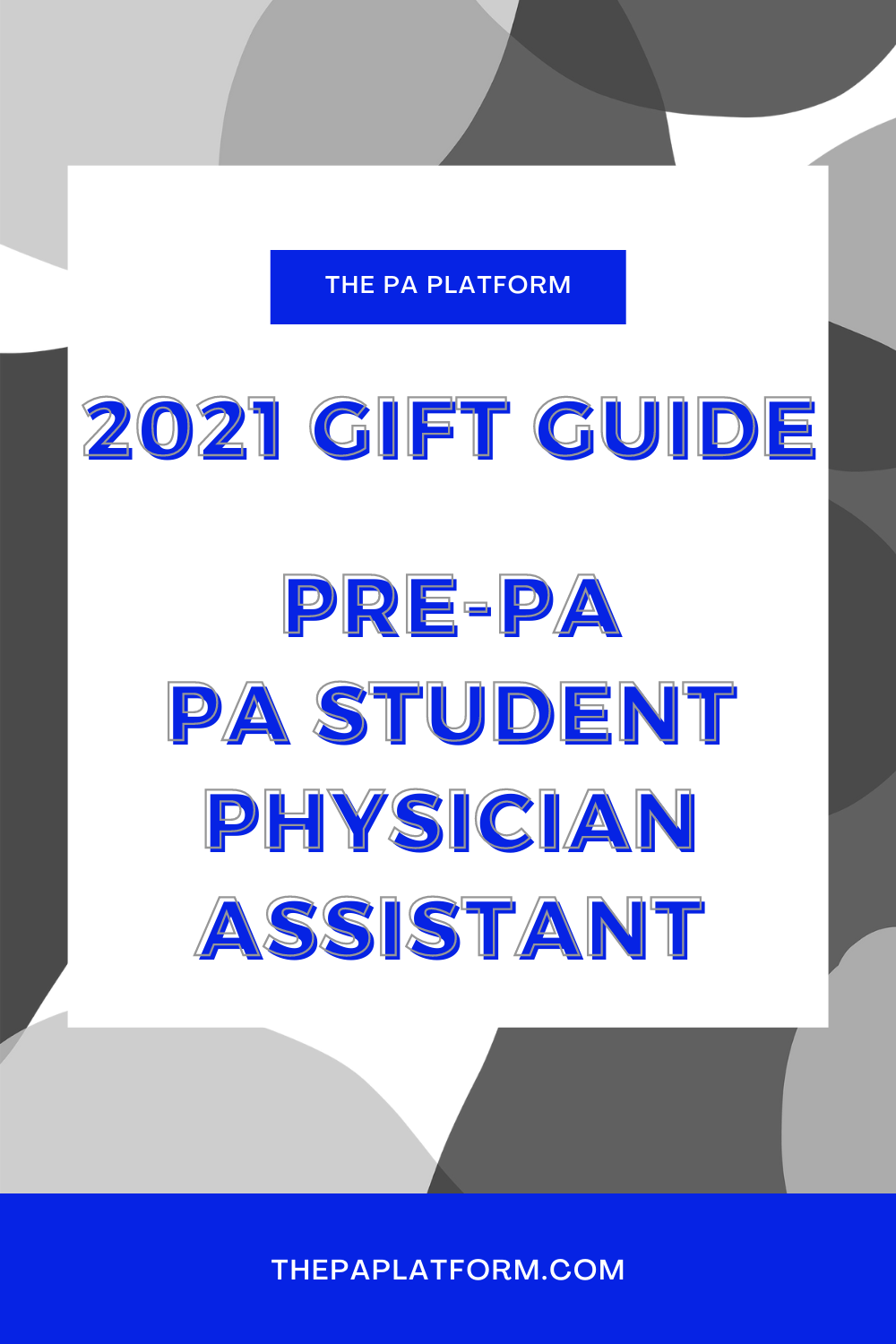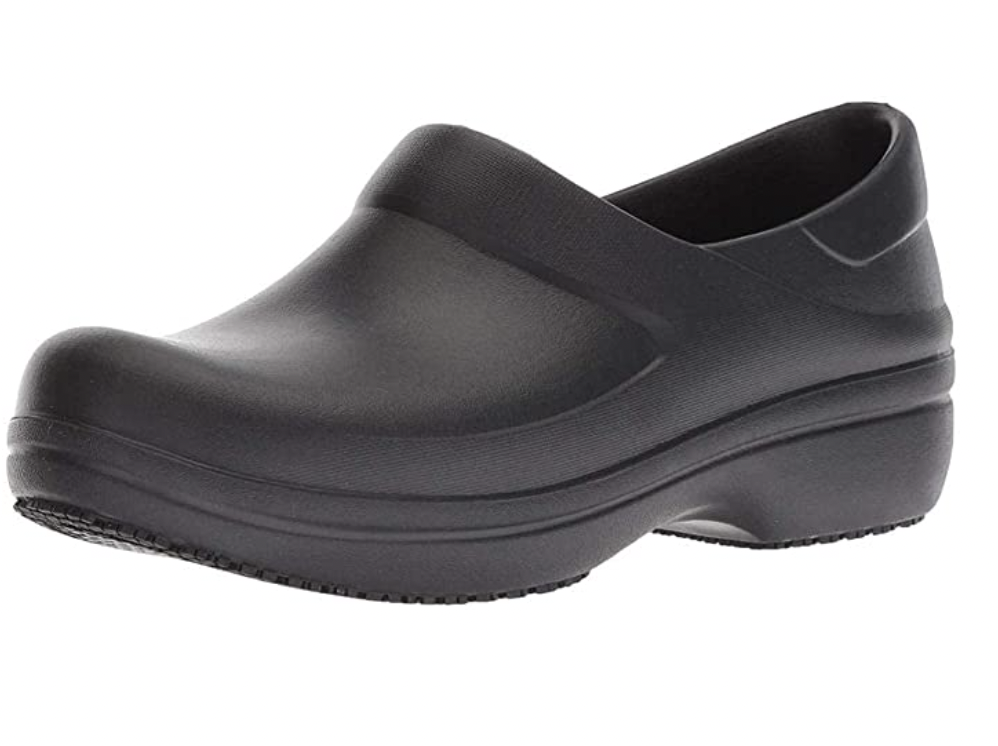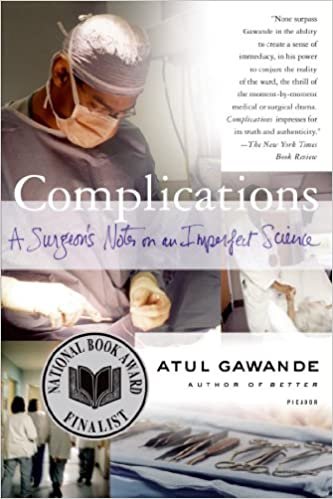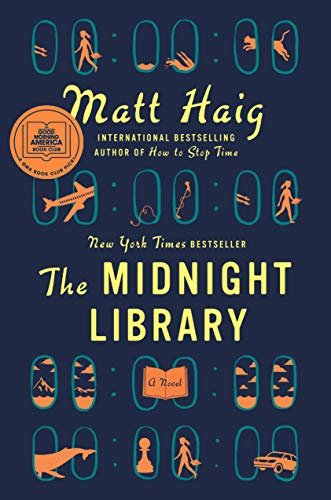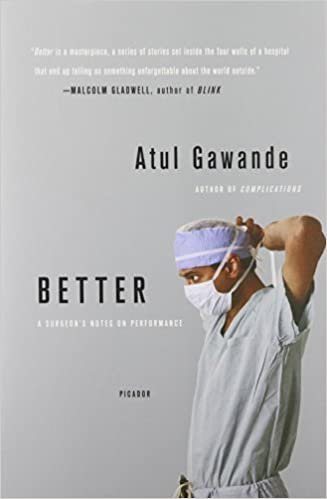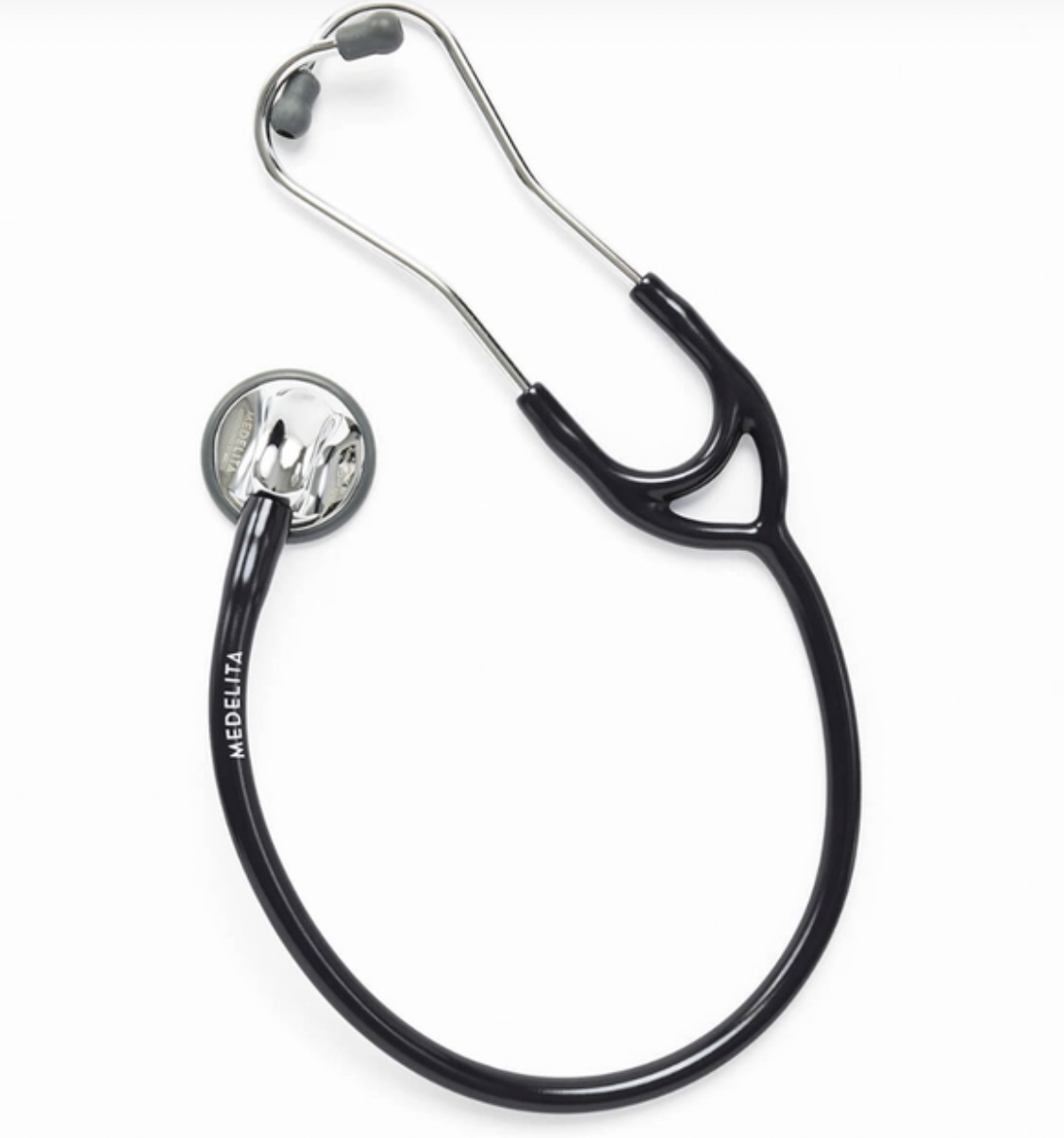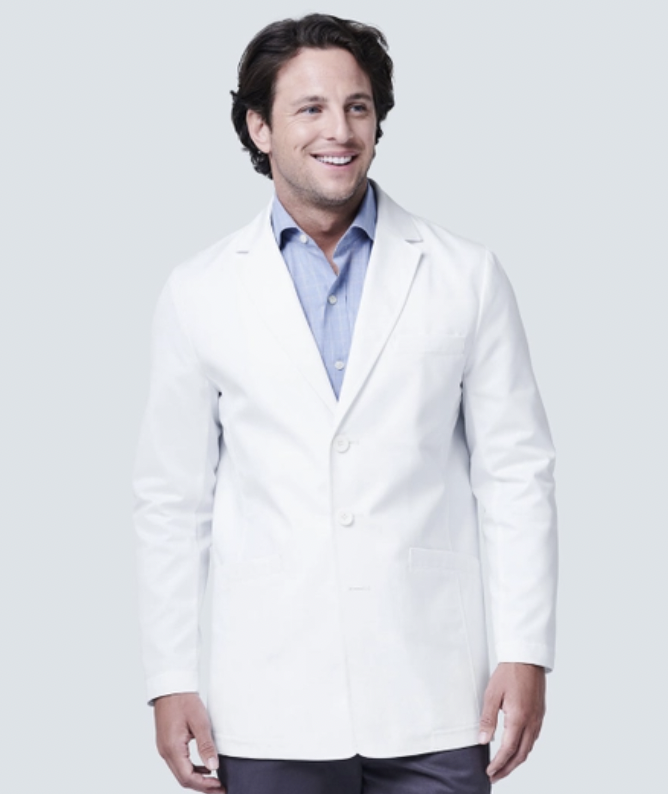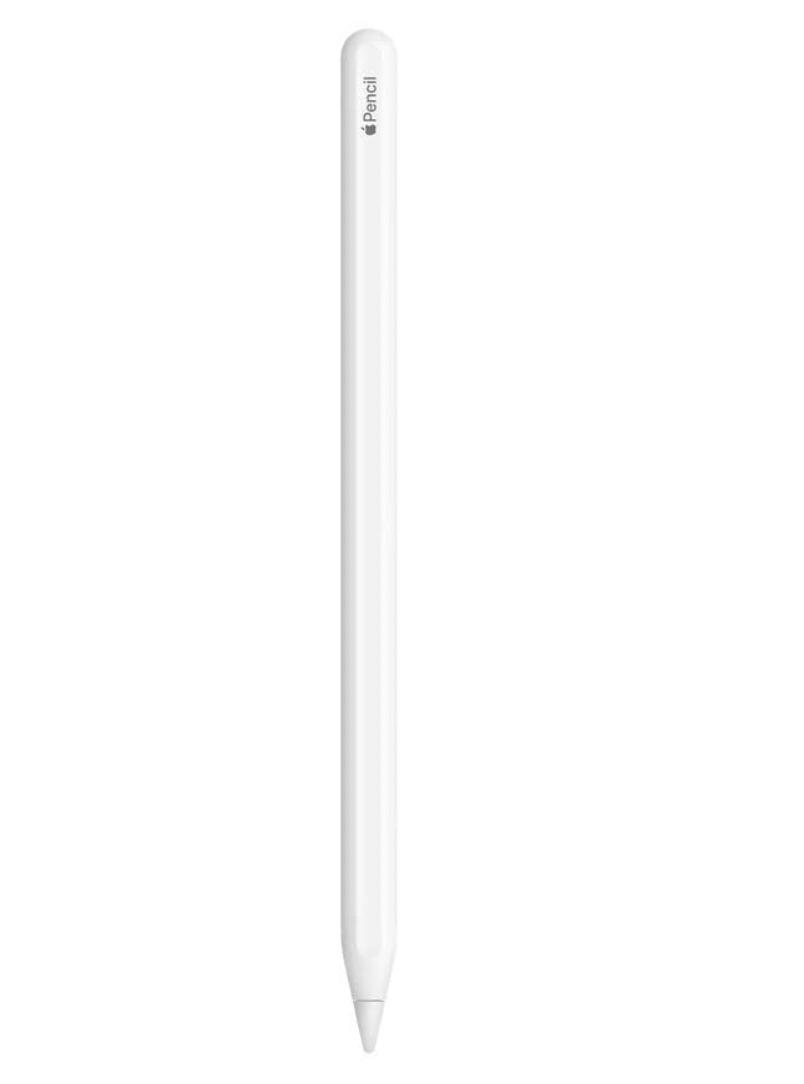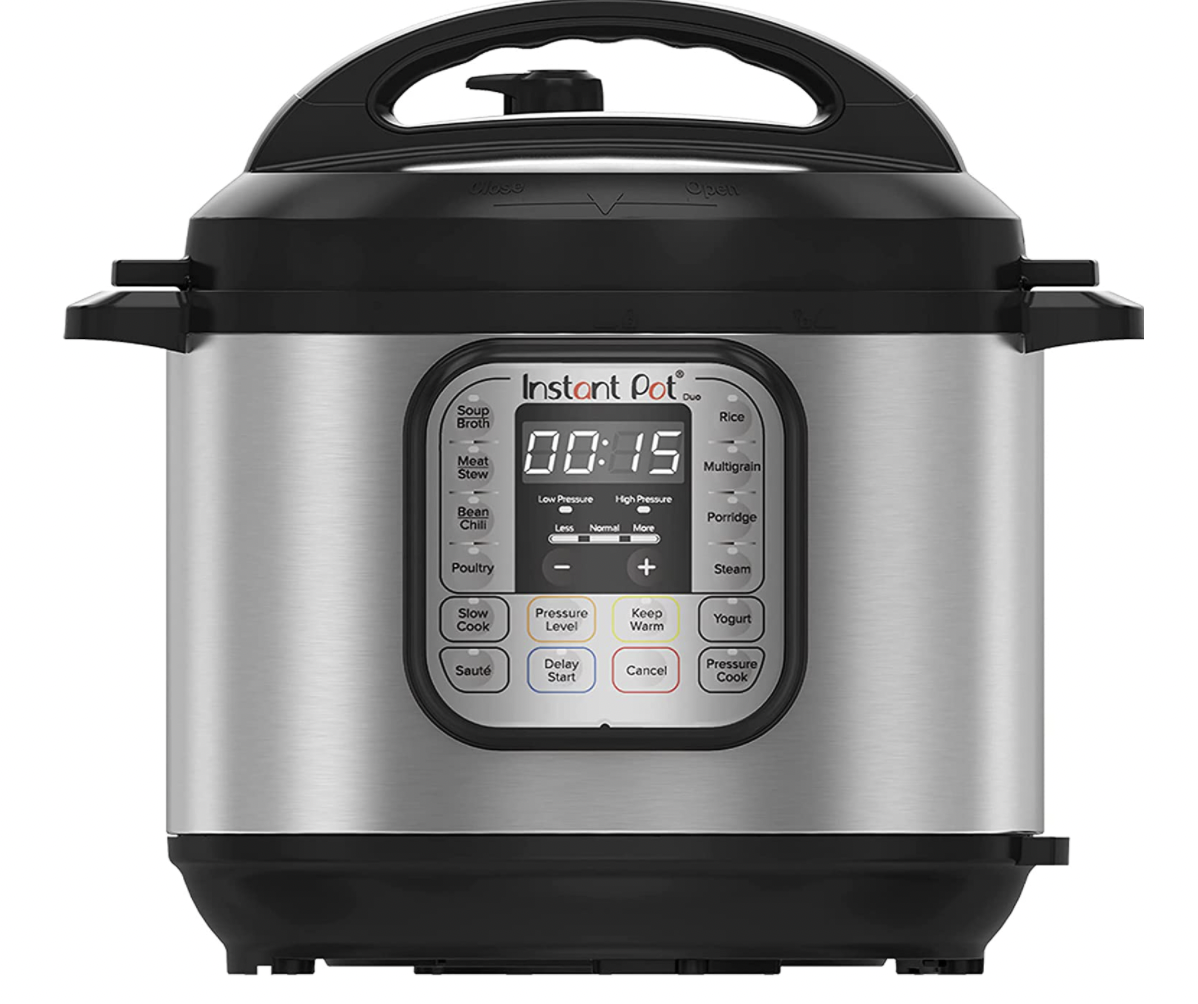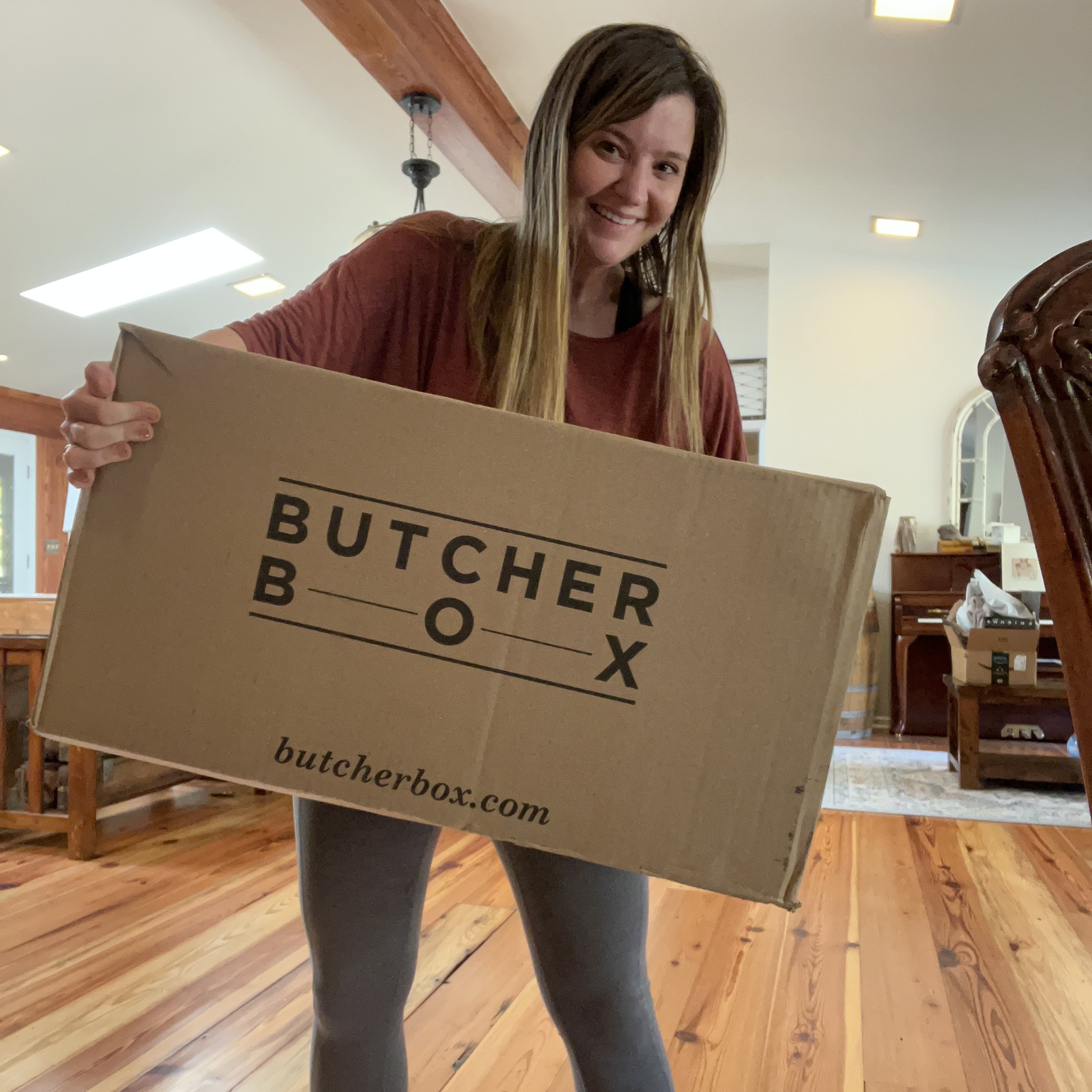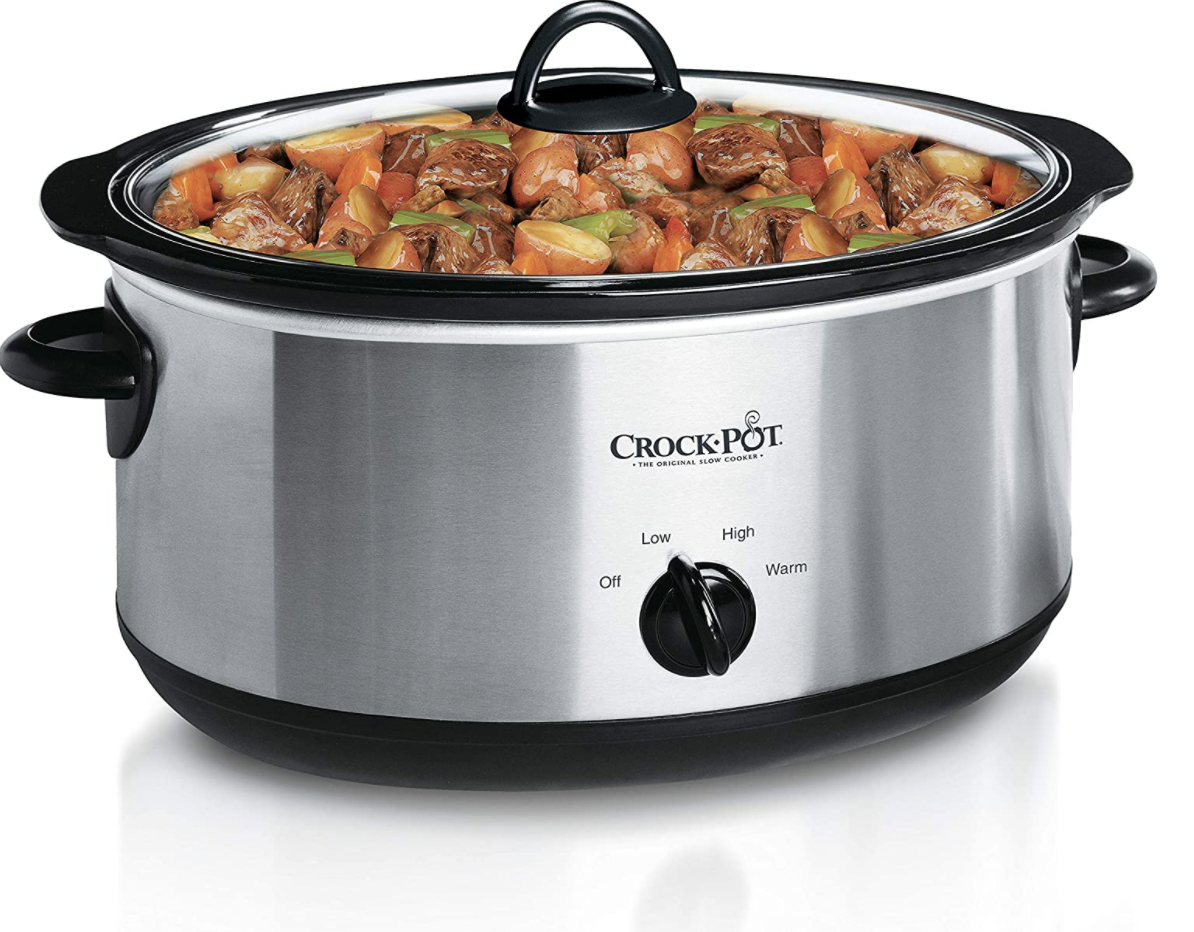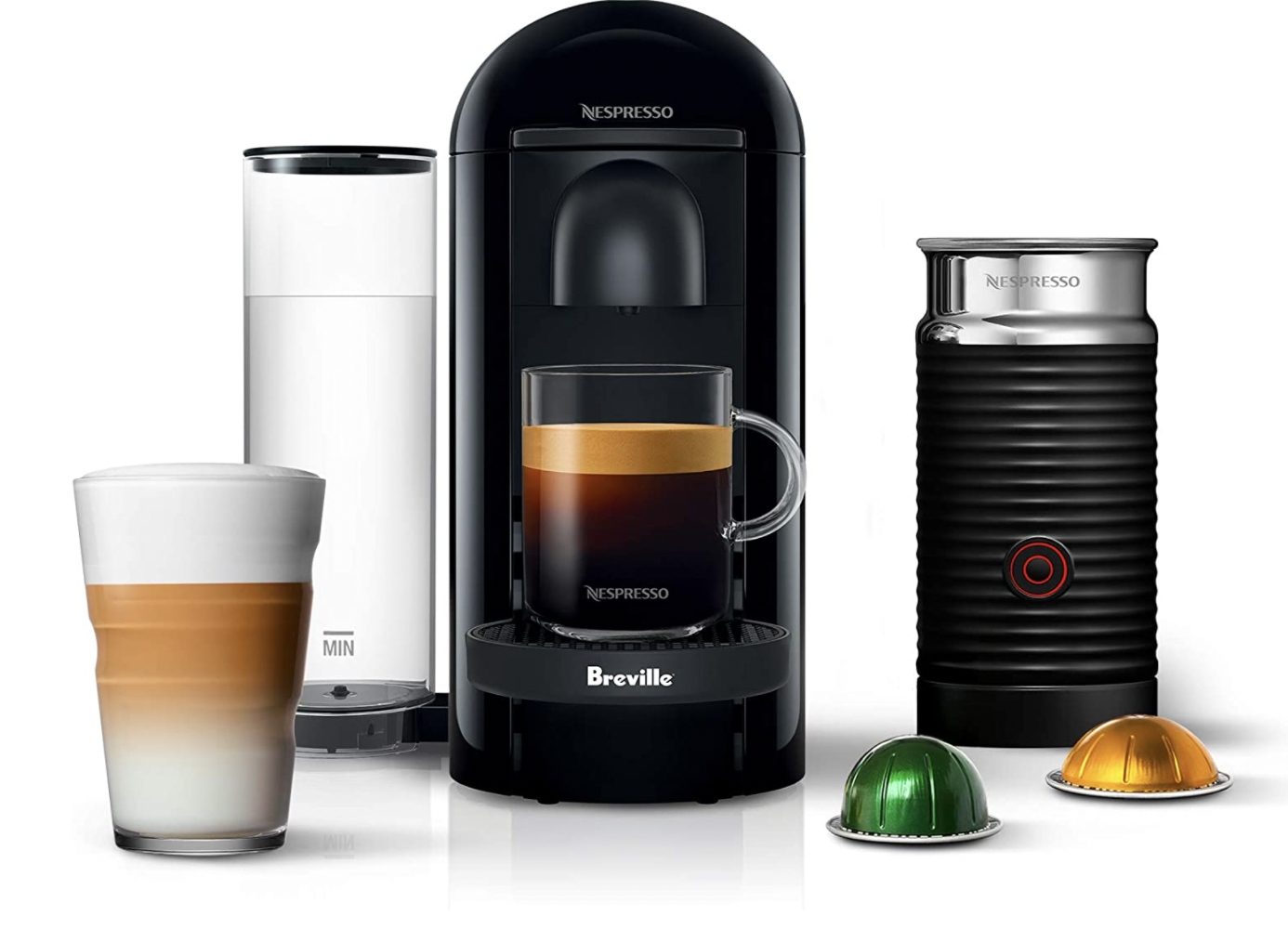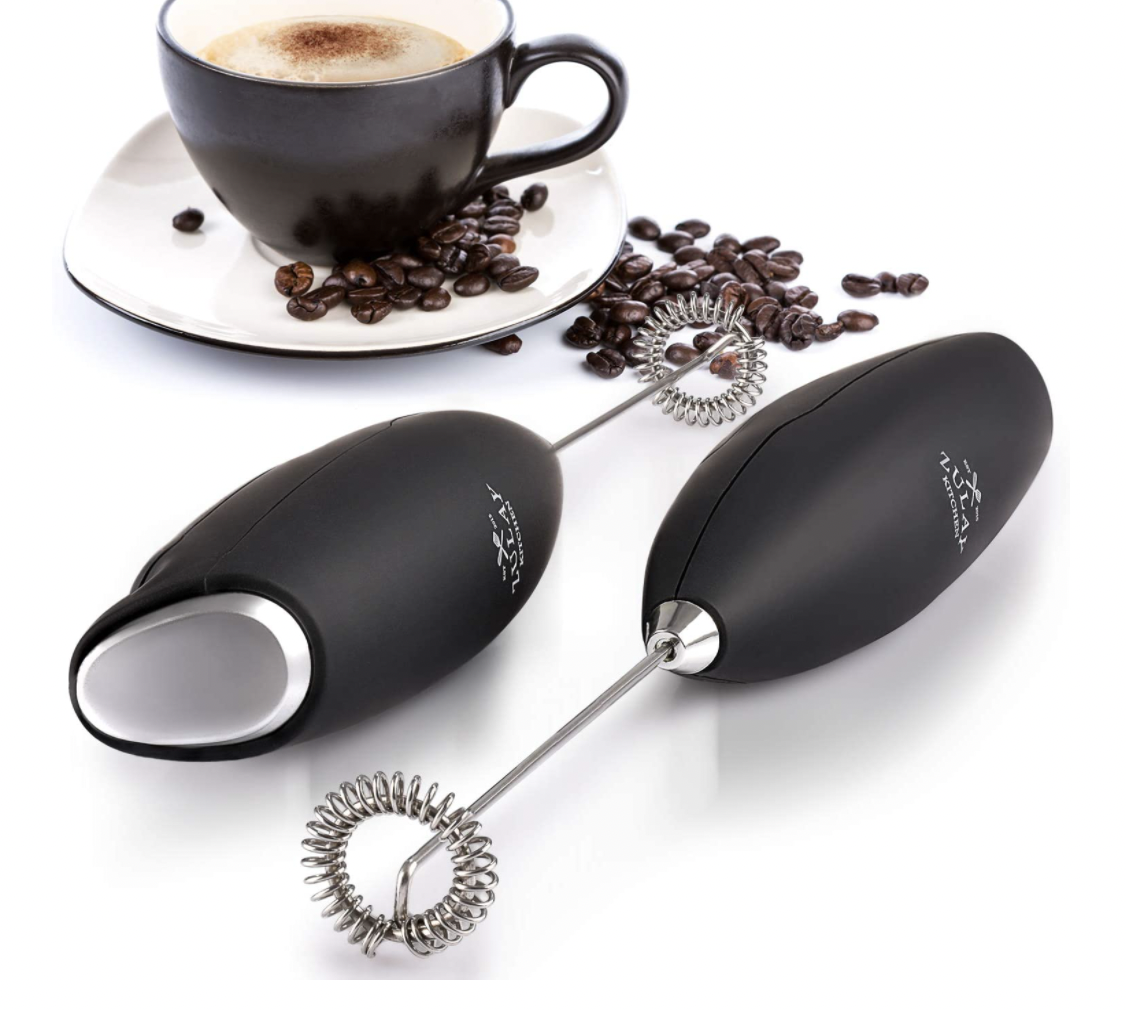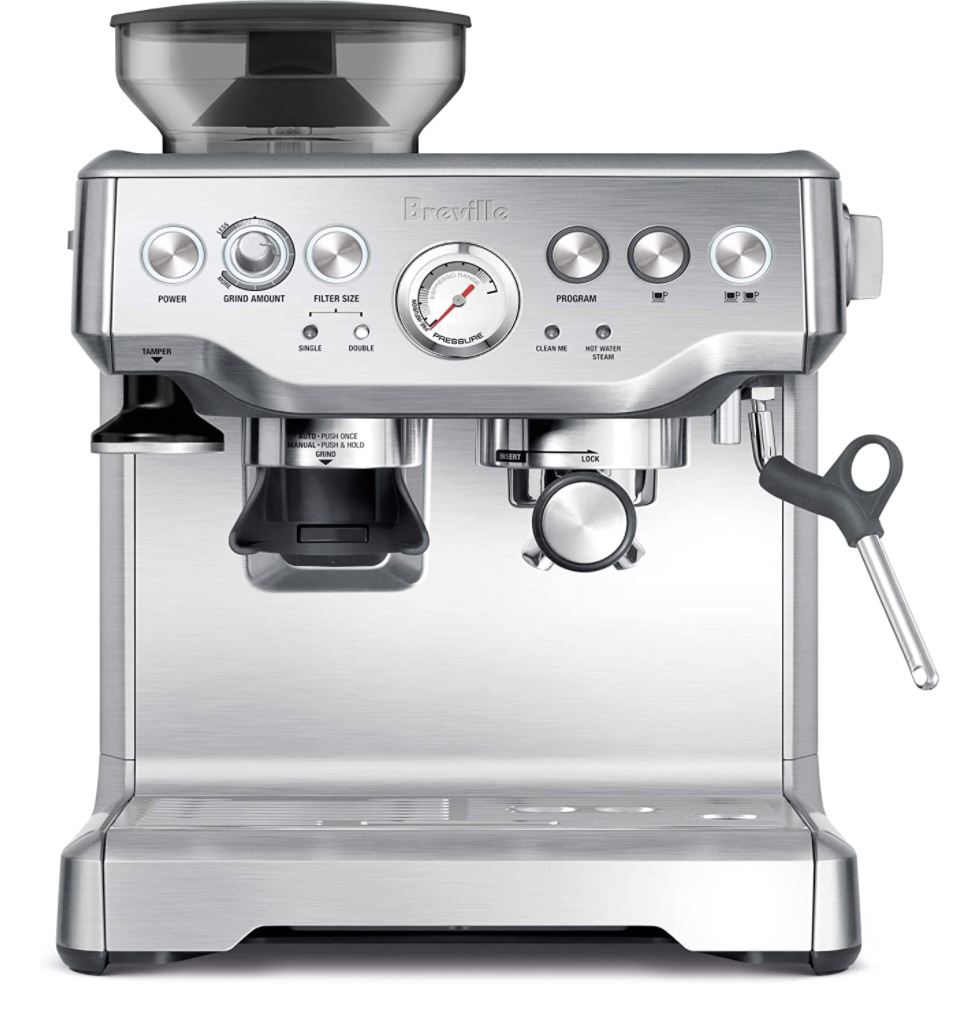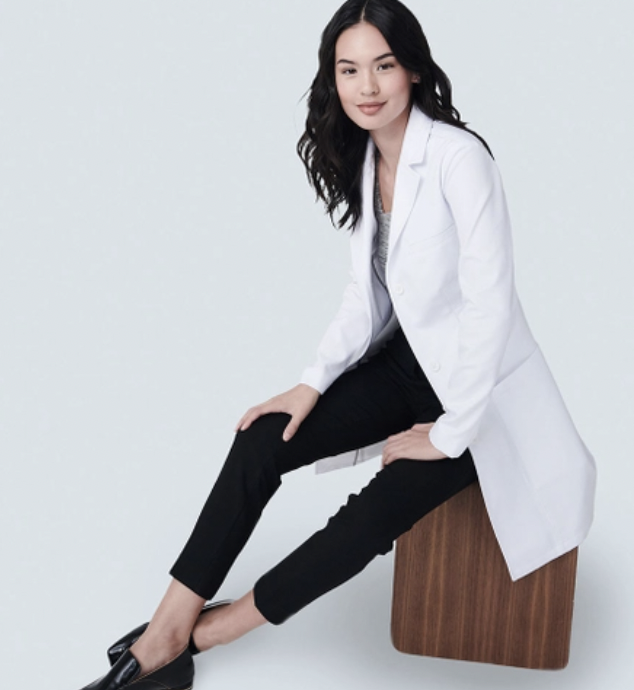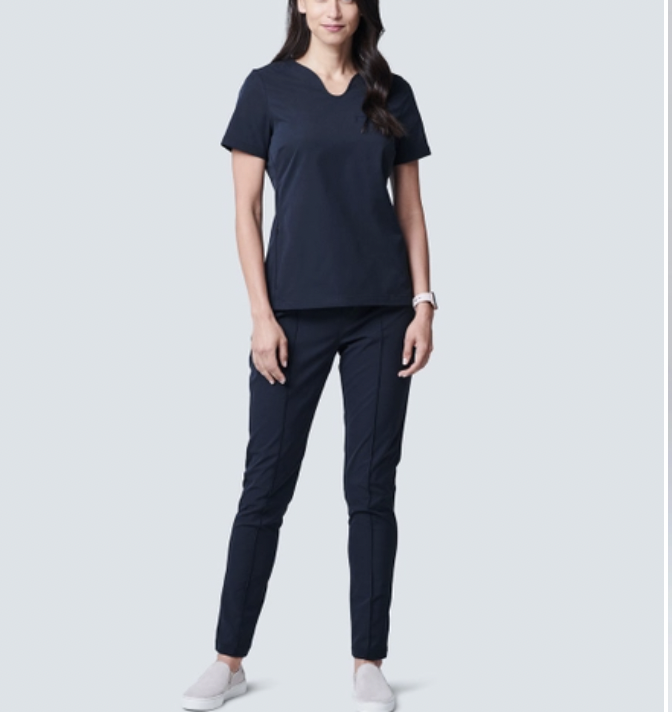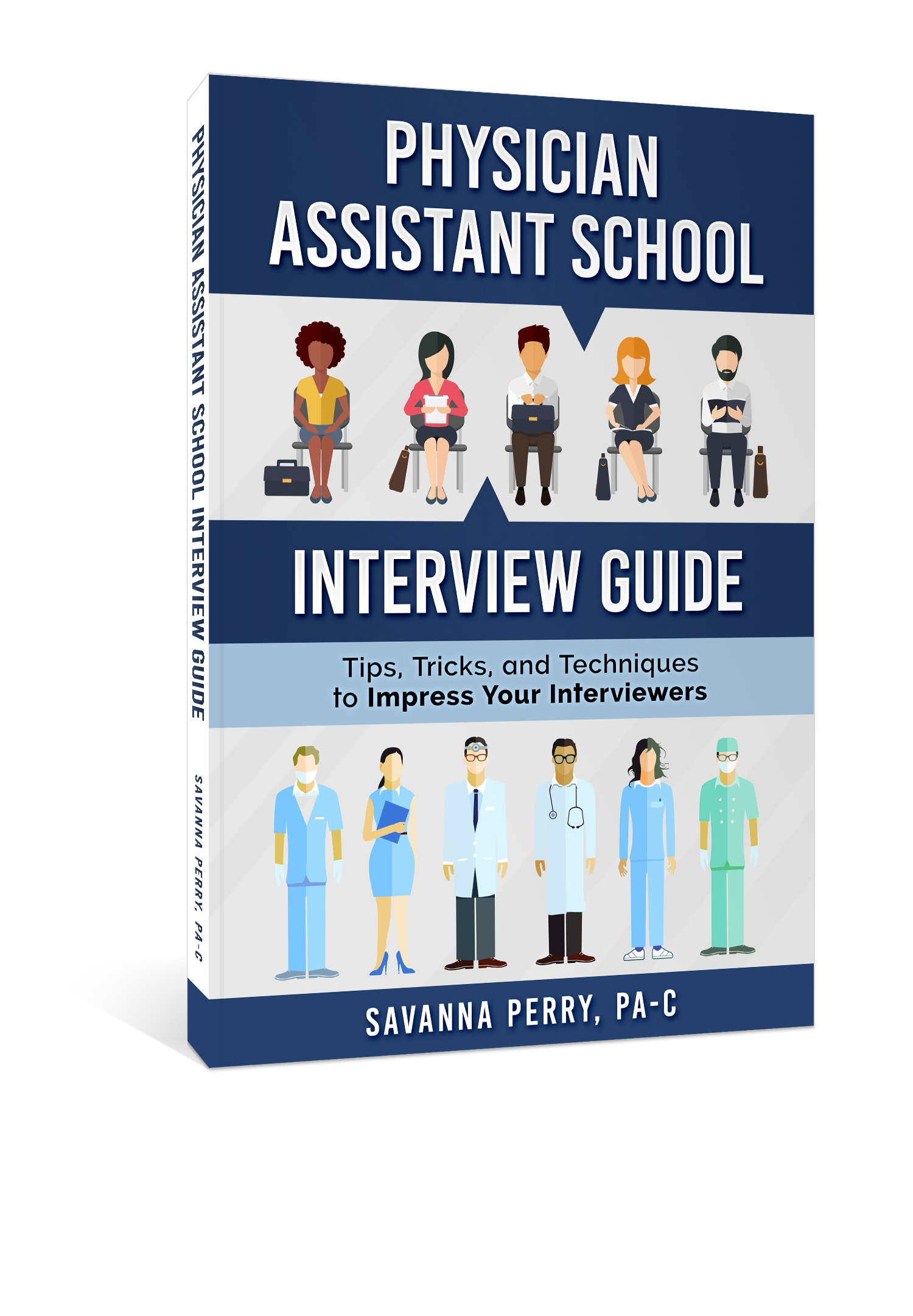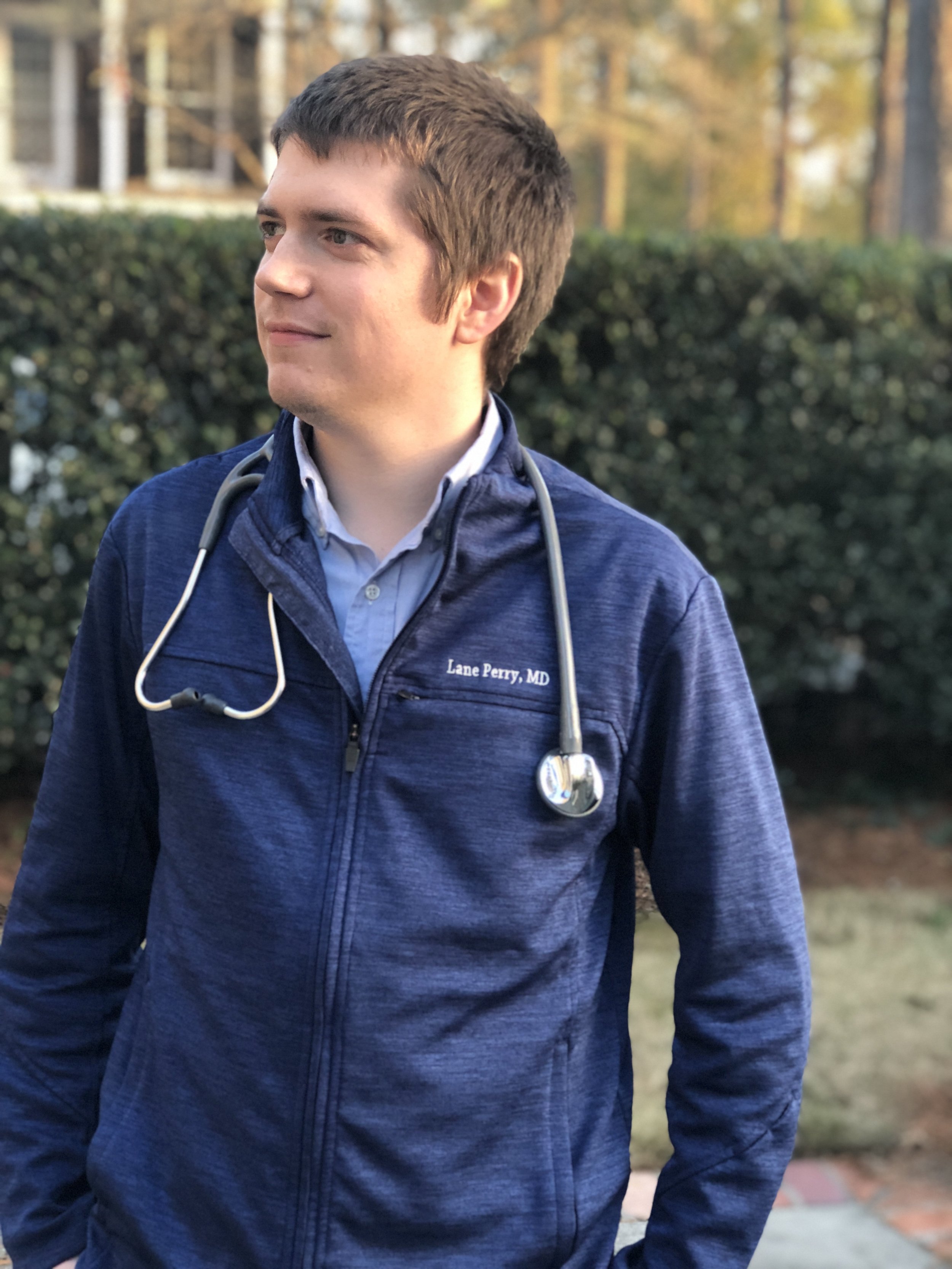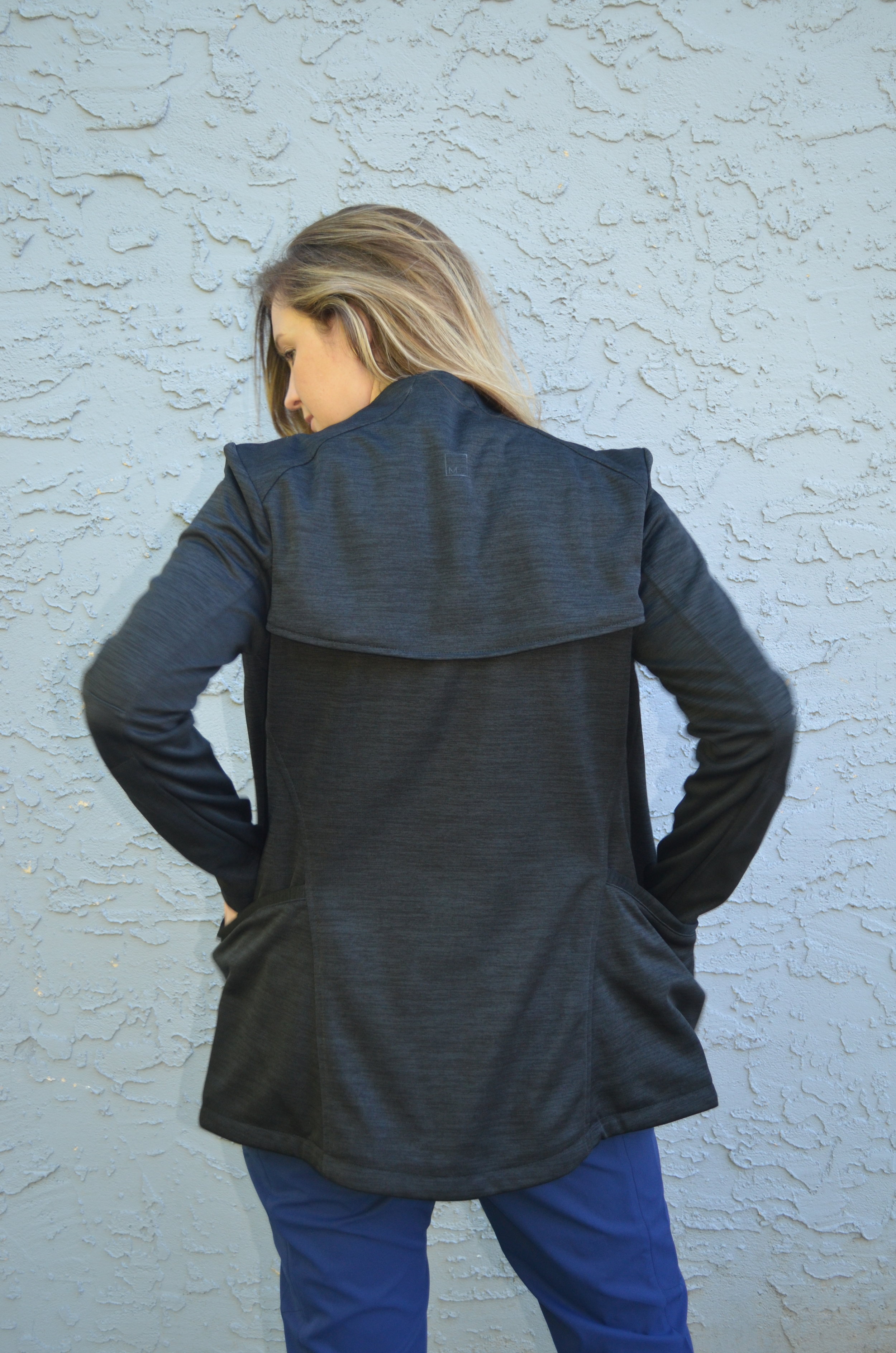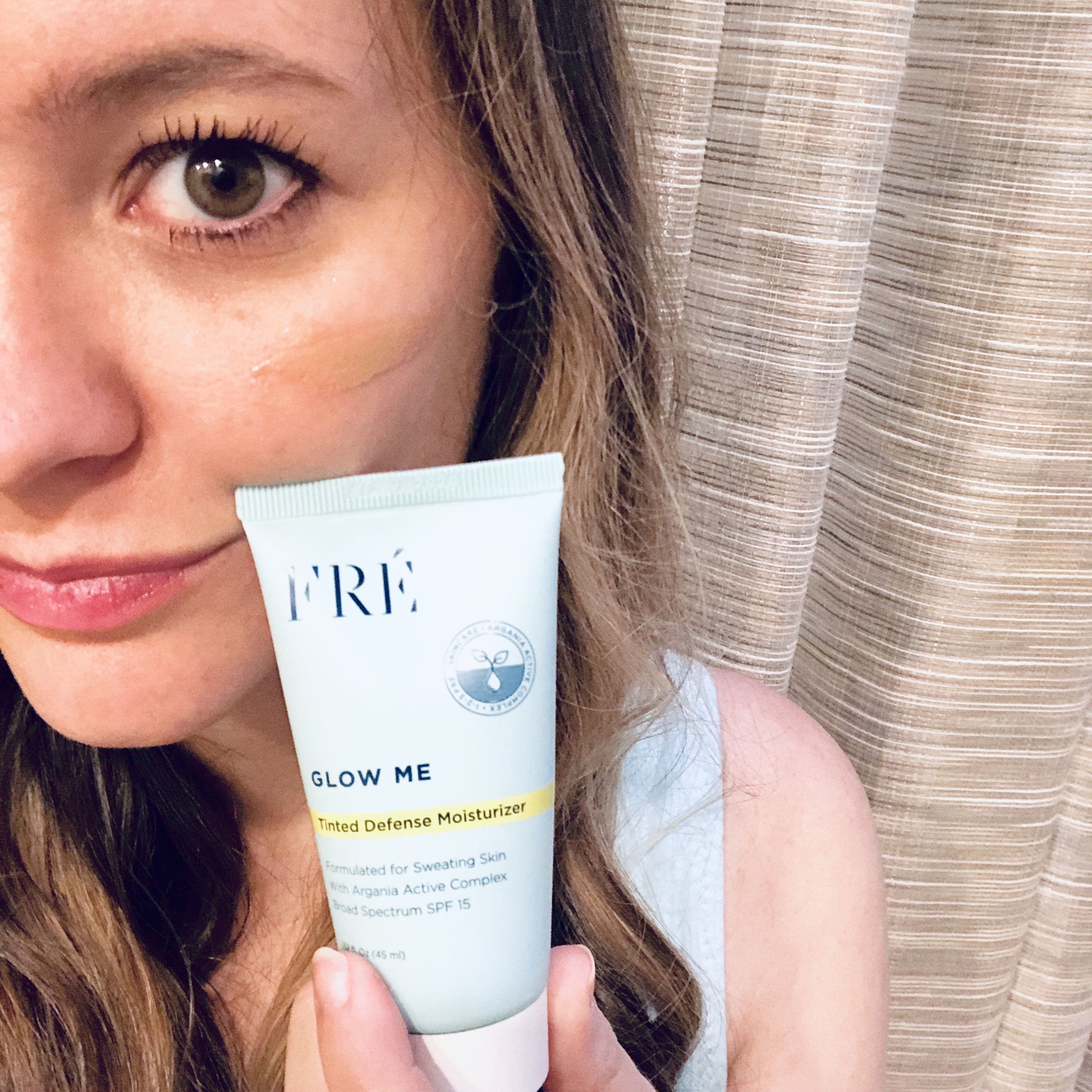Savanna: Did you know through undergrad and your experiences that that you wanted to go the PA route, or did that come kind of later on?
Nora: Basically, when I was almost about to graduate. I didn't actually know what a PA was until my brother was seen by a PA. He was born with cerebral palsy and also has epilepsy. So he was having seizures that were getting worse. And so we saw a neurologist and on the team, there was a PA. Initially I didn't know who she was to be honest. She did talk to us a lot, explained a lot of things, was very easy-going. But I didn’t know what her role was, and we started to talk and she told me that she is a PA and talked about what she did. I thought it was interesting, and I was about to graduate. I honestly didn't know what I wanted to do. I was so focused on pharmacy for such a long time because my mom is a pharmacist, but then I realized that I wasn't really interested in that. And so I did shadow that PA, and I decided this is something that I think I could do, and I could possibly be good at it. I had a couple of more classes to finish. And before I could apply to PA school, I decided to go ahead and shadow a couple more PAs. I decided that this is what I want to do; I want to be able to talk to patients like the way she talked to us and explain things to us. She made us feel very comfortable, and she really had the time for us, so that is where I really appreciated most about her job.
Savanna: Okay, so when it came time to apply, you took extra classes, got your experience, all that. And what did your application process look like?
Nora: For the most part it was pretty straightforward. I think the thing that I struggled with the most was my personal statement because writing is not my strongest suit, so I felt like I had so many things that I wanted to say and so many things that I wanted to share, but I just didn't know how to put it together. I did write my personal statement over quite a number of times, and I had different people read over it. I had a couple of PAs look over it as well before I finally submitted it; that was like my last thing. I had gotten everything else including my recommendations, my transcripts, and everything else. But the personal statements was the last thing that I finally finished. I also knew how many schools I should apply to, and if that was going to be my first cycle, if that was going to be just a test kind of cycle versus an actual cycle. So I was kind of on the edge, and I was like, Oh, I'm going to try my best to get into school this cycle, but then if I don’t, it's not going to be the end for me basically. So yeah, those are the things I probably struggled with the most during the application cycle, but for the most part it was pretty straightforward.
Savanna: So how many schools did you end up applying to?
Nora:
So I applied to five and then I got three interviews. I declined one, and I went for the other two and got into those two programs.
Savanna: Okay, well that’s great, obviously you had an impressive application and impressive interview skills! Okay, so then tell us what happened?
Nora:
So both programs I got into were in New York. Initially, that was my plan, I wasn’t planning to stay in Connecticut. I wanted to go to New York, and I was trying to decide between the two programs. And then I found out I was pregnant. That was unexpected but exciting. And I was like, what am I doing next?
Savanna: Yeah, so can you give us a timeline of kind of like when you were accepted, when you found out you're pregnant, and when you were supposed to start school?
Nora:
I was accepted into the first program in September 2017. I went to the interview for the second program in March 2018, and I found out two weeks later. The first program was supposed to start June 2018, and the second one was supposed to start in August 2018. I thought I was pregnant beginning in June of 2018, right before the first program was supposed to start. So I did call the program. And I spoke to the director and told him, this is what's going on. So he said that you can defer because he had a student like that last year, who was in the same situation. So they allowed me to defer. I was like, why don’t I just keep my options open, so I called the other program because I had never told them my answer. I asked them, just to see how what their reaction would be, and they also said you could defer because we have had students do that. So I deferred both programs.
When it sunk in, I was like, realistically, it doesn’t make sense for me to move to New York, considering my family is here in Connecticut, and I’m going to have a baby. I’m going to be in PA school; I’m going to need help. I can’t go to New York; my family is here. So, that's when I decided to reapply in the next cycle; that was a last minute thing. Getting towards the end of the cycle, I was like, I can’t go to New York, so let me just apply and see what happens. If it doesn’t, I tried.
Savanna: Oh my gosh, you're so brave. But I think all that just shows how much you really, really wanted to be a PA. Awesome.
Nora:
Yeah I mean once I set my mind to going down this route, I thought that just because I’m going to have a baby, that isn’t something that is necessarily going to stop me. I still definitely wanted to do it. I thought you know, the best thing to do at that point was to try to get into a program here in Connecticut and to stay here in Connecticut.
Savanna: Okay, so you kind of last minute decided to reapply, kind of forget the programs in New York, and you had proved to yourself that you could get into PA school, which is awesome. So, does that mean you went through the interview season pregnant?
Nora:
Yeah so I decided to apply to two programs. I got a call for an interview at the first program, that was at Sacred Heart, where I am now. At that point, I think I was around 7 months or so pregnant, so yeah I was showing as pretty pregnant at that point haha. Yeah it was nerve-wrecking for me, but they definitely didn’t treat me any differently at all.
Savanna: So they didn’t ask you any pregnancy specific questions or anything? You didn’t feel judged?
Nora:
Not at all. I thought going into the interview, maybe they would have some preconceived notions like oh she’s pregnant, how will she be able to do this? I had talked to a PA I had shadowed for quite a while, and he told me that people might have that idea. But you need to just give the best interview you can and do the best you can. So yeah I felt very comfortable, very comfortable. The interview process went smoothly, considering I was like 7 months pregnant.
Savanna:
Yeah haha great, so they accepted you?
Nora:
Yeah I got a call in January. I was so excited, and things really fell into place.
Savanna: Ok awesome! So your mindset had to shift to “okay, I’m going to be a student with a baby.” So how old was your baby when you started PA school?
Nora:
He was almost 6 months. My plan was to get him enrolled in daycare before I started school. He started day care at about 5 months so he could get used to that, and there wouldn’t be any surprises right at the beginning. But of course, my first week of school, he was sick! And I was like, oh that’s one of those challenges! Of course most programs have an attendance policy, even when something like that happens. That's when I started to really lean on my family for support.
I think that's definitely one of the biggest factors for anybody in general, PA school is tough, and so having a good support system is important and especially when you have a child. You need that help. And so I did talk a lot with my family about it before. You hear that PA school will limit the amount of time you have for outside activities and how busy you are going to be, but you don’t really know what that’s like until you start, and that’s how I felt. I didn’t know my schedule was going to be so packed until I actually started. So there were adjustments in between. Who has to pick my son up from daycare, or who is going to watch him. I mean, if I was going to be able to make it home in time, I could pick him up, but if I can’t, then who is going to be able? Having conversations with my family to help them understand that this is not regular college, where I can take a class part-time, or skip class. This is different, and it’s going to be intense, so I'm going to need all the help that I get. And I'm fortunate to have a really great support system.
Savanna: That’s definitely so helpful. I mean, we live by my family here, and it’s been great, even just working, to have them step in when necessary. You never know when they’re going to get sick or something like that happens. So it sounds like how you had, backup plan upon backup plan, thanks to your support system. How many people are in your class?
Nora:
There's 42 people in my class
Savanna:
Are there other parents?
Nora:
No, there are people who are married, but I’m the only one with a child.
Savanna: Oh gosh, got a little PA baby! Well, what have you struggled with, and what have you found that works as far as balancing time with being a mom and a student, having kind of that different family dynamic from someone who maybe doesn’t have those responsibilities?
Nora:
So initially, I think it was an adjustment for me because I graduated in December of 2013, or something like that. So it’s been quite a while since I was in school. And of course, it’s different because you’re taking so many credits and it’s a pretty strict schedule. So that was an adjustment for me initially. I'm a visual learner, so it's really important to me to be able to see things vs. just reading them. What I found to be really helpful for me was watching a lot of videos. There were times when I didn’t have the help I needed, like if family wasn’t available to watch my son, I would have to kind of balance along with him. A lot of my studying came from me watching stuff on Youtube or Osmosis, listening to podcasts, or other things of that nature. So watching videos, Picmonic, or SketchyMed – those things really helped me a lot, especially when I didn’t have help to watch him. He would be here with me, and I’d be watching those in the background. That’s the kind of learning I am, so that works for me. I think everyone should see what works best for them. I may be a good visual learning, but someone else may not like that. That has worked pretty well for me.
Other than that, I wasn’t the type of person who studied every single day in undergrad. I would study when I had exams, basically. When I didn’t have exams, I wouldn’t really keep up with stuff. But in this case, you really have to! You have to go over what you at least went through in class everyday. That is still an adjustment for me, it is a lot of stuff including exams every week. For the most part, I try to go over at least what we went over in class that day. So that helps prevent you from getting too overwhelmed.
Savanna: Okay, I'm going to ask a couple of questions that would be considered highly unethical in an interview setting. But have you felt hindered in any way by having a baby in PA school? Like do you think it has affected your performance, or like you said like, if you set your mind to something, you’re just going to make it happen?
Nora:
I don’t think it has hindered me. I think that it did help me to adjust in situations that were unpredictable. There were a few times during the semester when my son was sick. There were also some times I had to take him to the ER, and then literally be in class in a few hours. I mean, it was hard, I’m not going to lie. There were times when I cried a bit, but I think that made me a little more motivated and it did show me that I could do things. If you had told me this a few years ago, I would’ve said there was no way I could do that. But it definitely showed me that I’m stronger than I actually think I am. So I don’t think it’s hindered me. I think it’s done the opposite. It’s shown me that I can multi-task better than I could’ve ever imagined, especially when I don’t have anyone to watch him. Having to manage that and having to study for exams, I’ve learned to better manage my time and that I can do that.
Savanna: Okay, so one question that I get a lot that I don't feel like I necessarily have been able to answer well because I can't answer from a personal standpoint is – pre-PA students ask me when they should have kids. Should I try to have my baby right before PA school? Should I be pregnant in PA school or on interviews? I know you only have your experience to speak from, but what are your thoughts on that?
Nora:
If I didn’t have a child before PA school, I don’t think I would get pregnant in PA school. Just because it is so rigorous and you are sitting for at least 8 hrs at a time. You have breaks here and there, but you are in class 9-5. I also get stressed out and a bit anxious when exams come up, so I don’t necessarily think that is the healthiest thing for someone who is pregnant to go through. The chairs aren’t comfortable to sit for that long. And the mental stress isn’t the best while you are pregnant. Things happen of course, but to actually plan a pregnancy in PA school, especially during the didactic year, I don’t think that’s the best thing. I know some people do plan pregnancy during clinical year, but I haven’t experienced that.
I think it's also a personal choice when to have kids. You have to realize that once you do have kids before or during PA school, you have to have people around you to help. I think that’s the thing that makes a huge difference, a support system, whether family or friends, you need to have people in your corner. In addition, there is a financial aspect of it as well. If you are using loans to live during PA school, you have to think about that as well because having a baby can be expensive haha.
Savanna:
You kind of alluded to it when you said your first week your baby was sick and there was an attendance policy, but you are held to the same standards as all the other students, despite having a child, correct?
Nora:
Yeah! We are all in PA school, and these are all choices that everyone made. I am a mom, and I made a choice to come to PA school. I could’ve just waited until my son was a few years old to come to PA school, but I made that commitment. It’s hard of course, when your child is sick, to come to school. But I realized I had to separate my mind mentally, put that away for a short while, and try to focus on what I am doing in school. Otherwise, you will get overwhelmed. Being a mom especially, I never realized how much you could worry about your child. Learning to separate things and have the time and place for it is helpful. After school, I do try to spend time with him and do not dive straight into studying. I put him to bed and then get back to school stuff. I think that has helped me feel better about things in general and being able to have time for him.
Savanna:
No that's awesome. It sounds like you're doing well, and you also have time to talk to me on a podcast, so thank you so much! Any last parting words or advice?
Nora:
I would say regardless of if you have a child or not, if this is something you want to do and you are determined, I think you can do it. People really underestimate the power of their mind and positive thinking. Sometimes you go through something, and you think, wow I actually did this, and I never thought I could do it. So I think you should never think something is not possible. I would always at least try. Who knows, maybe if I never attempted to do PA school, would I have regrets? I don’t want to have regrets later. Hopefully someone out there is inspired that being a parent doesn’t mean you can’t follow your dreams or achieve something. I always think I am not only doing this for myself; I am doing it for my family as well. And hopefully, that goes a long way to make a better life for my family. Also, my son will be able to look back and think that Mom was able to do this while she had me. And that will be a motivation for him hopefully.
Savanna:
Well you are super impressive! I am sure he will be very proud when he realizes what you did. Well thank you so much for taking the time to share all your advice and stories. I don’t know that I could do what you are doing, but like you said, you don’t know until you are there! You are doing a great job.
Nora:
I’m so glad I had the opportunity to talk about my experiences and hopefully motivate someone else.












